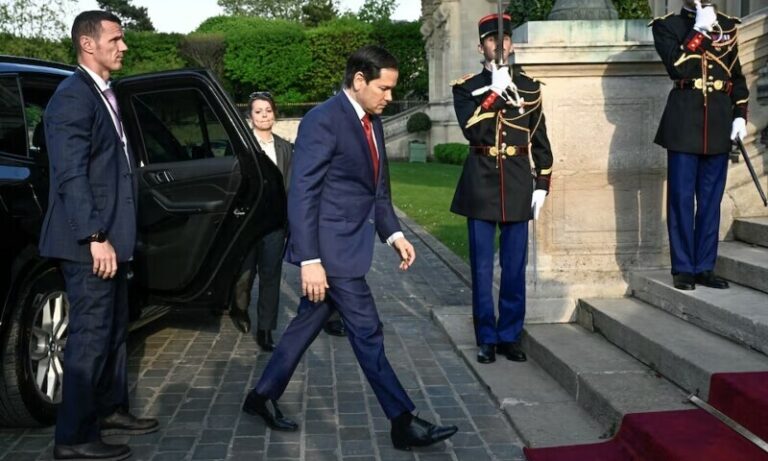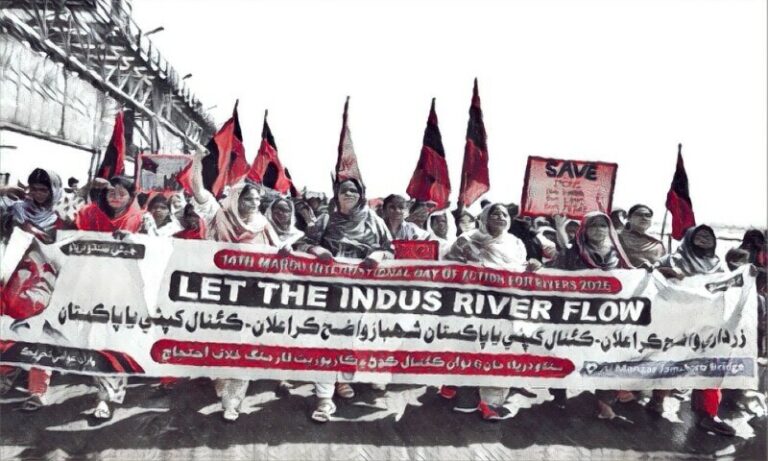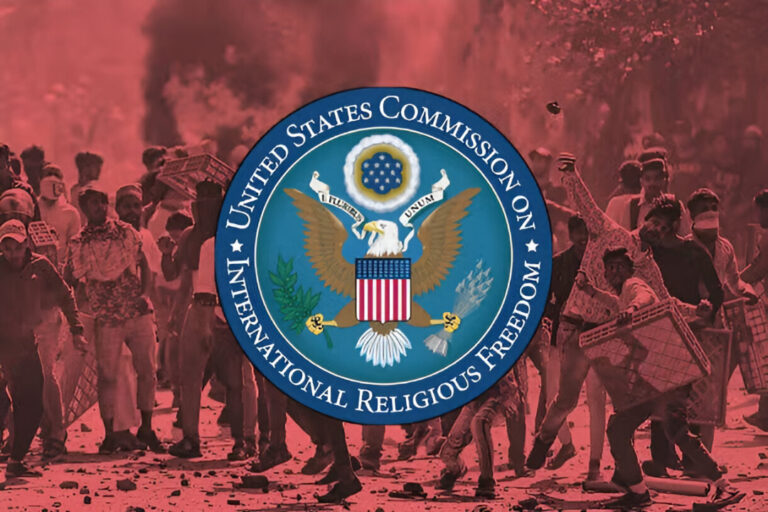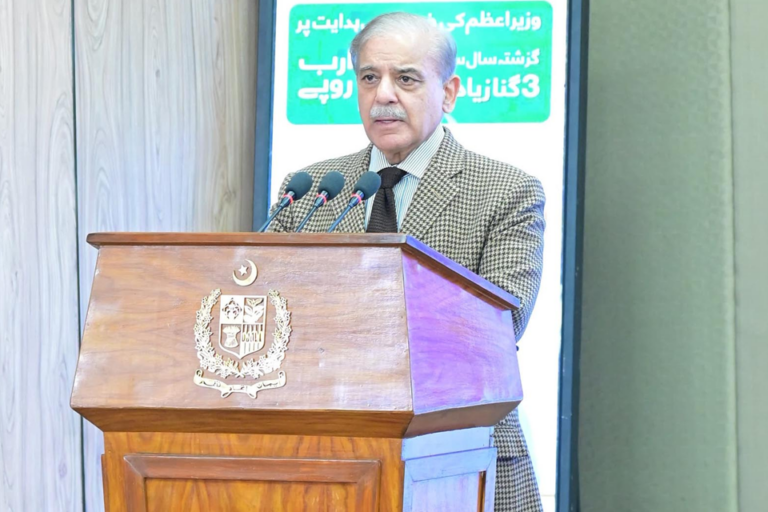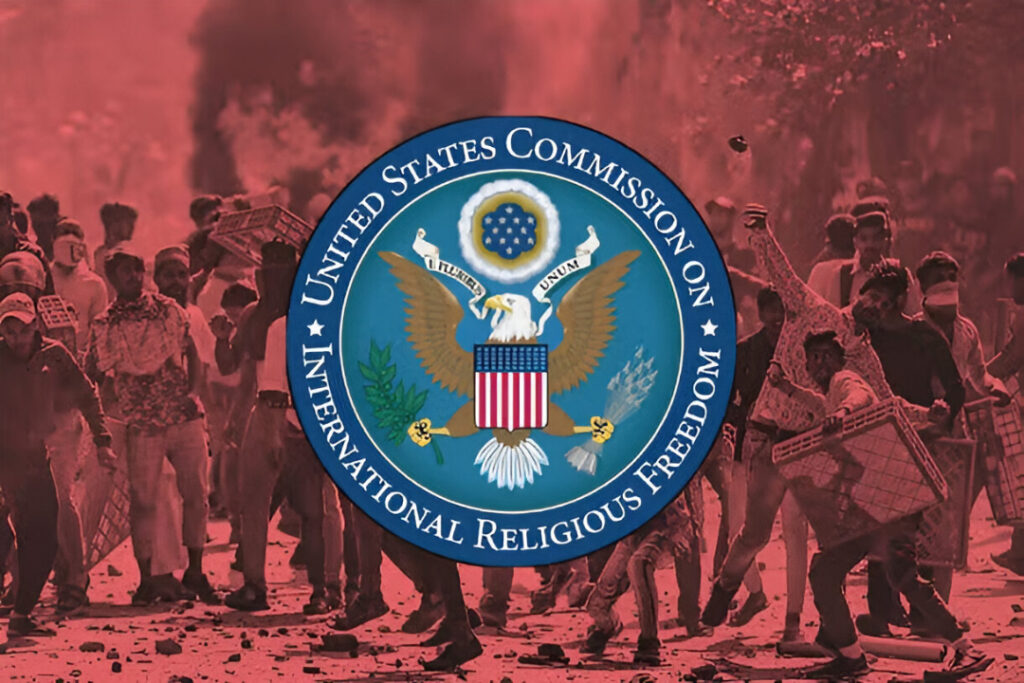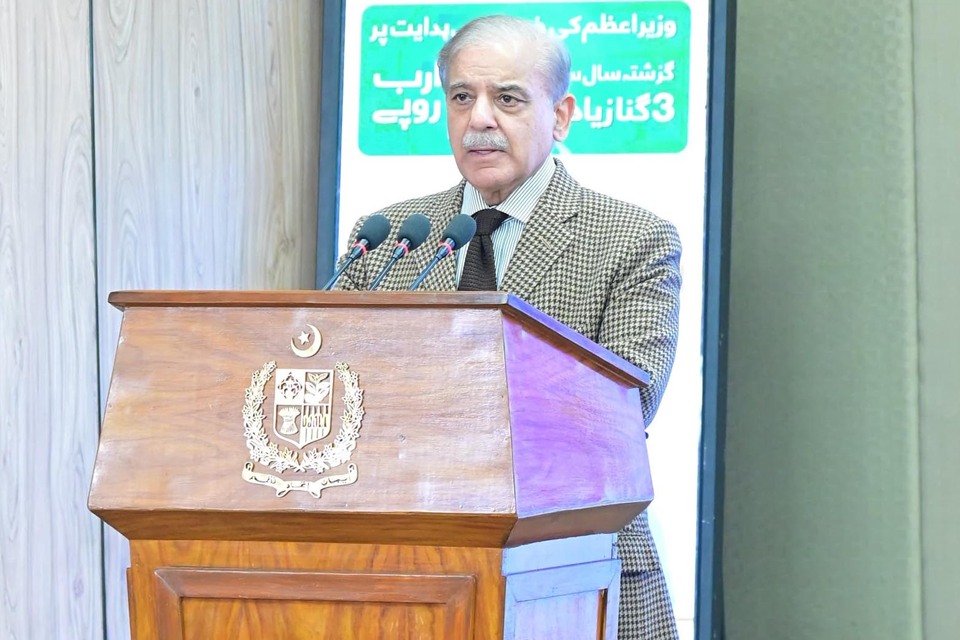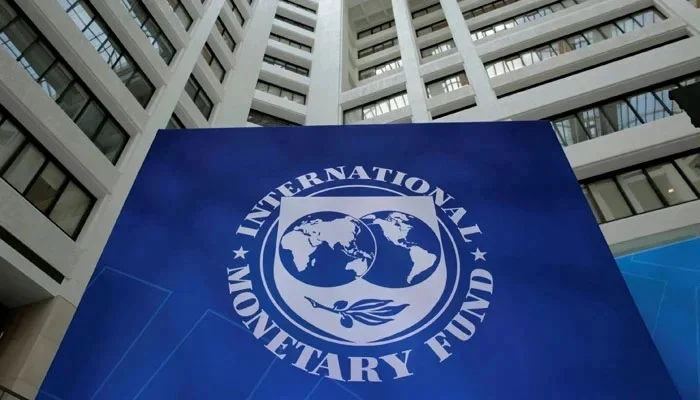On February 25, 2025, Israel’s Defense Minister, Israel Katz, imposed sanctions on released Palestinian prisoners and their families who received financial support from the Palestinian Authority (PA) during their incarceration. These sanctions specifically target Arab-Israelis and Palestinians in occupied East Jerusalem, areas under Israeli jurisdiction.
The decision came after recommendations from the Economic Counter-Terrorism Staff and the Shin Bet security agency. Following this, Israeli security forces raided the homes of affected individuals, seizing cash and assets worth hundreds of thousands of shekels. This enforcement highlights Israel’s continued efforts to disrupt financial networks linked to militant activities.
Israeli authorities argue that sanctions on released Palestinian prisoners are necessary to counteract what they label the “Pay for Slay” program. They claim that the PA’s financial aid incentivizes acts of terrorism and encourages violence against Israeli civilians. The PA, however, insists that these funds provide essential support to families affected by the conflict. Palestinian officials argue that many prisoners are political detainees who rely on this financial assistance.
Israel has taken similar measures in the past. In 2018, the Knesset passed a law allowing the government to withhold tax revenues equal to the PA’s payments to prisoners and their families. Since then, Israeli authorities have enforced sanctions on released Palestinian prisoners multiple times, intensifying tensions with the PA. Officials argue that these actions help prevent further militant activity. However, Palestinian leaders view them as economic pressure tactics against their administration.
The latest enforcement of sanctions on released Palestinian prisoners aims to weaken financial support networks. Supporters believe cutting off funding reduces the likelihood of future attacks. However, human rights organizations criticize the move, calling it collective punishment. They argue that such actions disproportionately harm families and heighten existing tensions. Critics warn that financial pressure could escalate unrest rather than deter violence.
So far, the Palestinian Authority has not issued an official response. The long-term impact of these sanctions remains uncertain. However, they could further strain Israeli-Palestinian relations. With ongoing instability in the region, these measures may influence diplomatic efforts and security dynamics in the broader Middle East.


